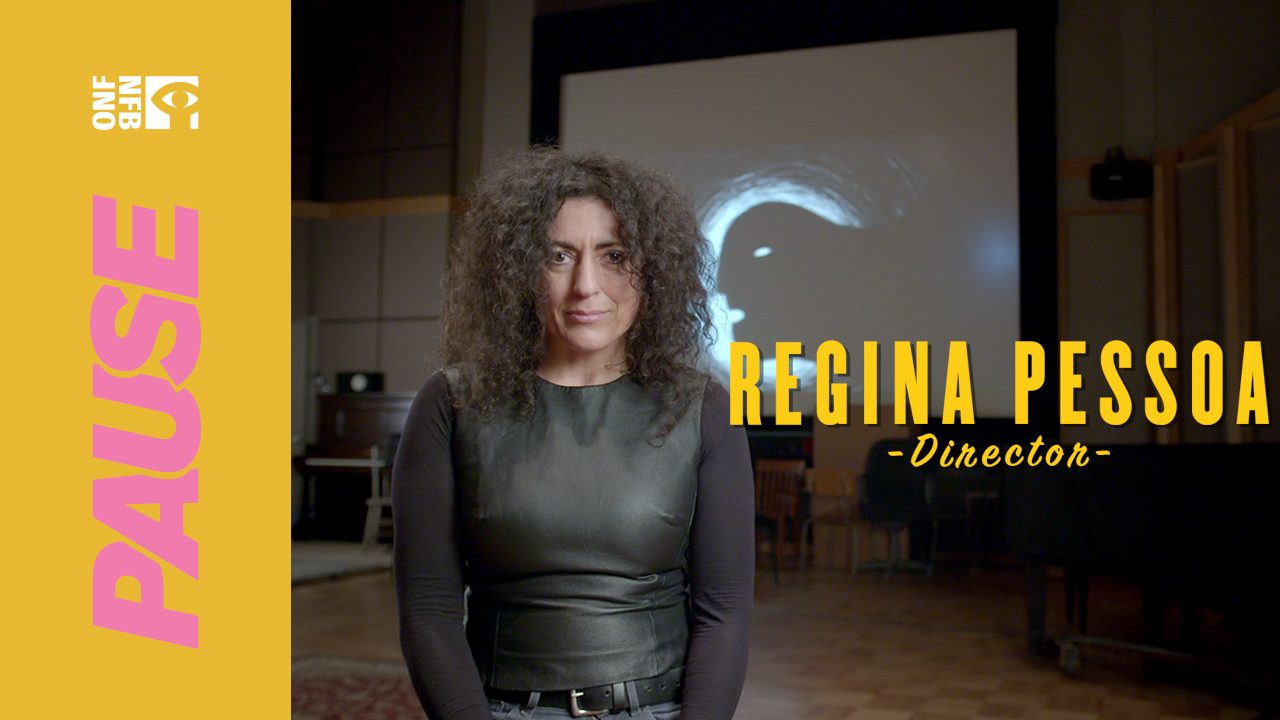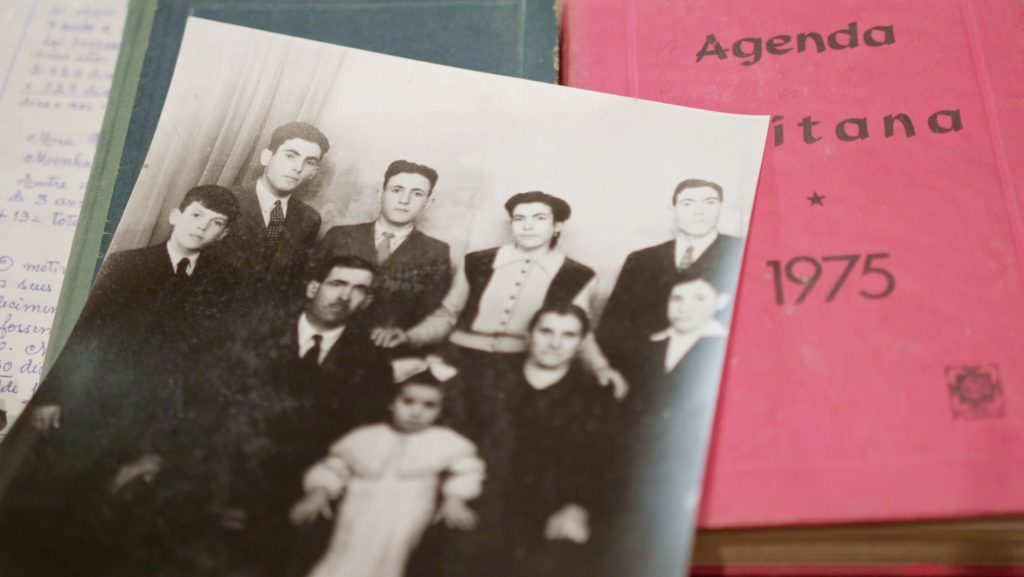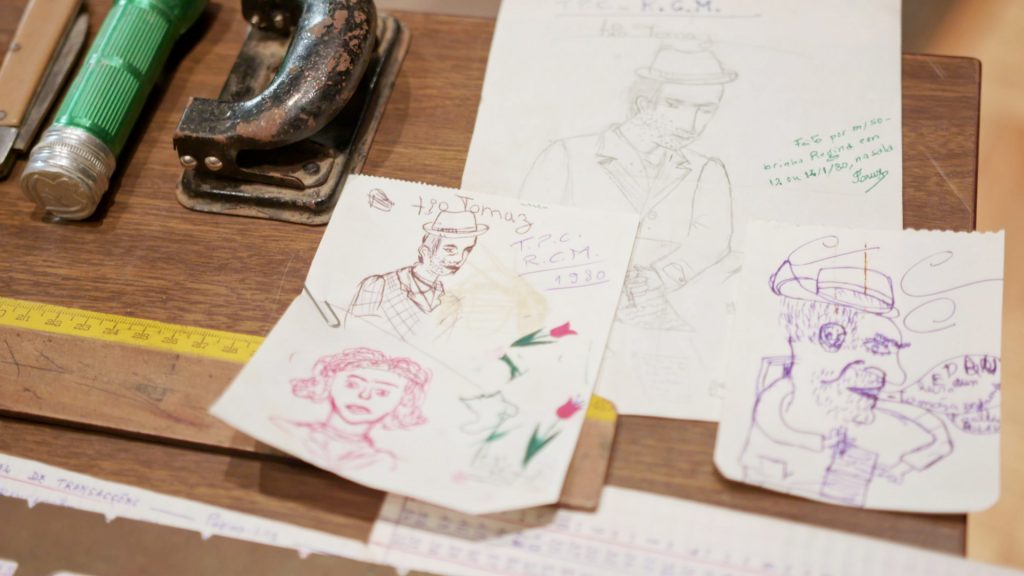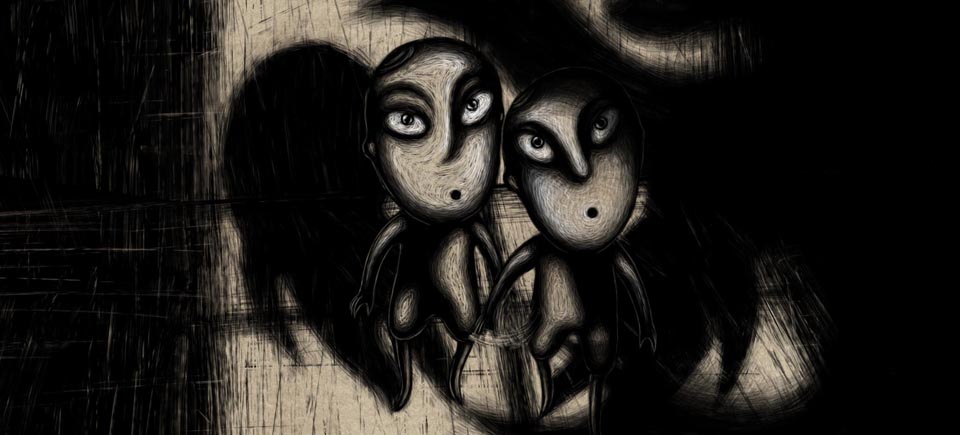
Regina Pessoa and Autobiographical Animation
Regina Pessoa and Autobiographical Animation
Regina Pessoa has been creating touching animated shorts based on her own childhood since 1999. And while her latest film, Uncle Thomas: Accounting for the Days, is also autobiographical, it combines several different animation techniques to take a new approach.
The Portuguese filmmaker talked to us about the creative process behind this tribute film, in which she affectionately depicts the extraordinary uncle who had a huge impact on her as a child and taught her how to draw.
“I knew I wanted to talk about my uncle, who’s no longer with us. I had a number of real events from my childhood, various objects of his… but I just didn’t know where to start. “Then a friend suggested that I write him a letter.”
Advice that led her to write, in just a few hours, a long missive to her late uncle Thomas. She found the act deeply inspiring and moving; it both put her in the right space to start the project and helped structure her many memories.
The letter took on such importance that it quickly became the backbone of Uncle Thomas. Pessoa also used it to create the film’s voiceover, which she recorded herself. “I’m not an actress, and my voice is nothing special,” laughs Pessoa.
“I didn’t really plan it that way, but when I tried it with a voiceover artist, it was a bit of a shock. It was so strange to hear my letter in someone else’s voice. It took me out of the story. So I did it myself.” (Fun fact: another non-actor, her husband, producer and director Abi Feijò, performed the film’s male voice.)
Pessoa also asked her friend Andreas Hykade, a German animator with whom she’s developed a fruitful collaborative process, for help with the film’s structure. “Before I even started working on it, I told him my idea and showed him the letter.

He was so moved that he immediately offered to help with the storyboard. In exchange, I agreed to help him develop his film, and I taught some classes at his animation school. It was so rewarding to work together.”
Now, after 22 months of production, Pessoa has finished her fourth animated film that’s based on her own childhood memories. But this one is different because it also deals with aging from an adult perspective.
“I don’t work with fairy tales; my raw material is always my own experience. My childhood profoundly affected me, and I relate it in this film from the viewpoint of the woman I’ve become today,” she states.
Does that make Uncle Thomas an animated documentary? “I don’t know,” reflects Pessoa, “but I can say that every scene, and my uncle’s words, actually happened. It was important to me to use only what he said or what I read in the journals and letters of his that I have.”

As with her previous films, Pessoa uses a limited colour palette. Other than black and white, there are only three colours in Uncle Thomas: blue, red, and hints of green.
“Because I’m talking from my point of view today, I wanted colours that have a vintage feel—like old faded photos where only a few tones remain. That’s also why I gave it a bit of a sepia feel… for aging and memory,” she notes, also explaining that her choice of colours was highly influenced by the scene where her uncle shows her how to draw with charcoal on whitewashed walls.
An expert in engraving, Pessoa sees the film as combining all the techniques she’s learned over her career. “With each film, I set myself a technical challenge. For this one, it was how to blend analogue and digital languages.”
Previously, she used engraving on plaster for The Night, engraving on paper and India ink for Tragic Story with Happy Ending, and engraving on tablet computer for Kali the Little Vampire.
“For Uncle Thomas, I wanted to integrate my uncle’s belongings, his numbers, his papers… I also wanted to actually draw on a wall. And I love the texture, shadows, and light of engraving—but it can be a really long and laborious process. With mixed media, you get the best of both worlds.”

